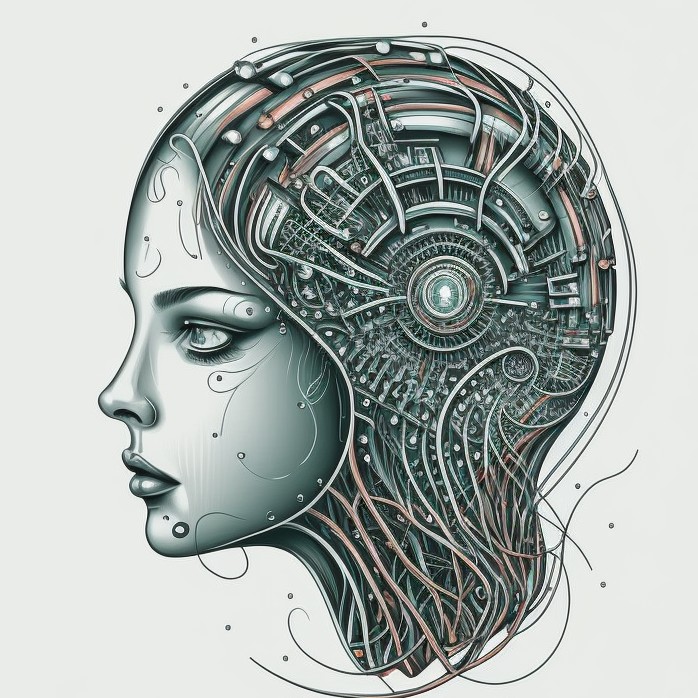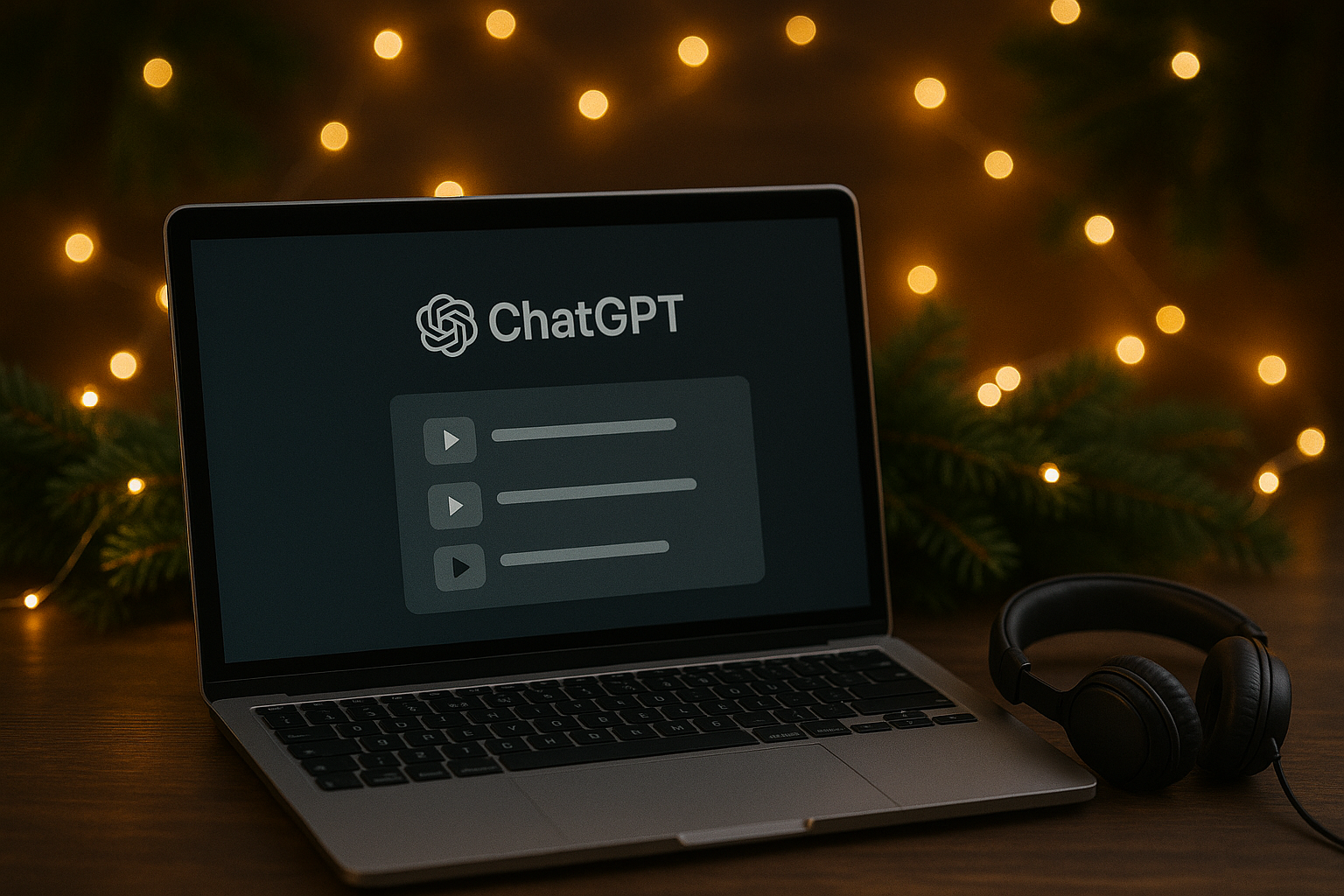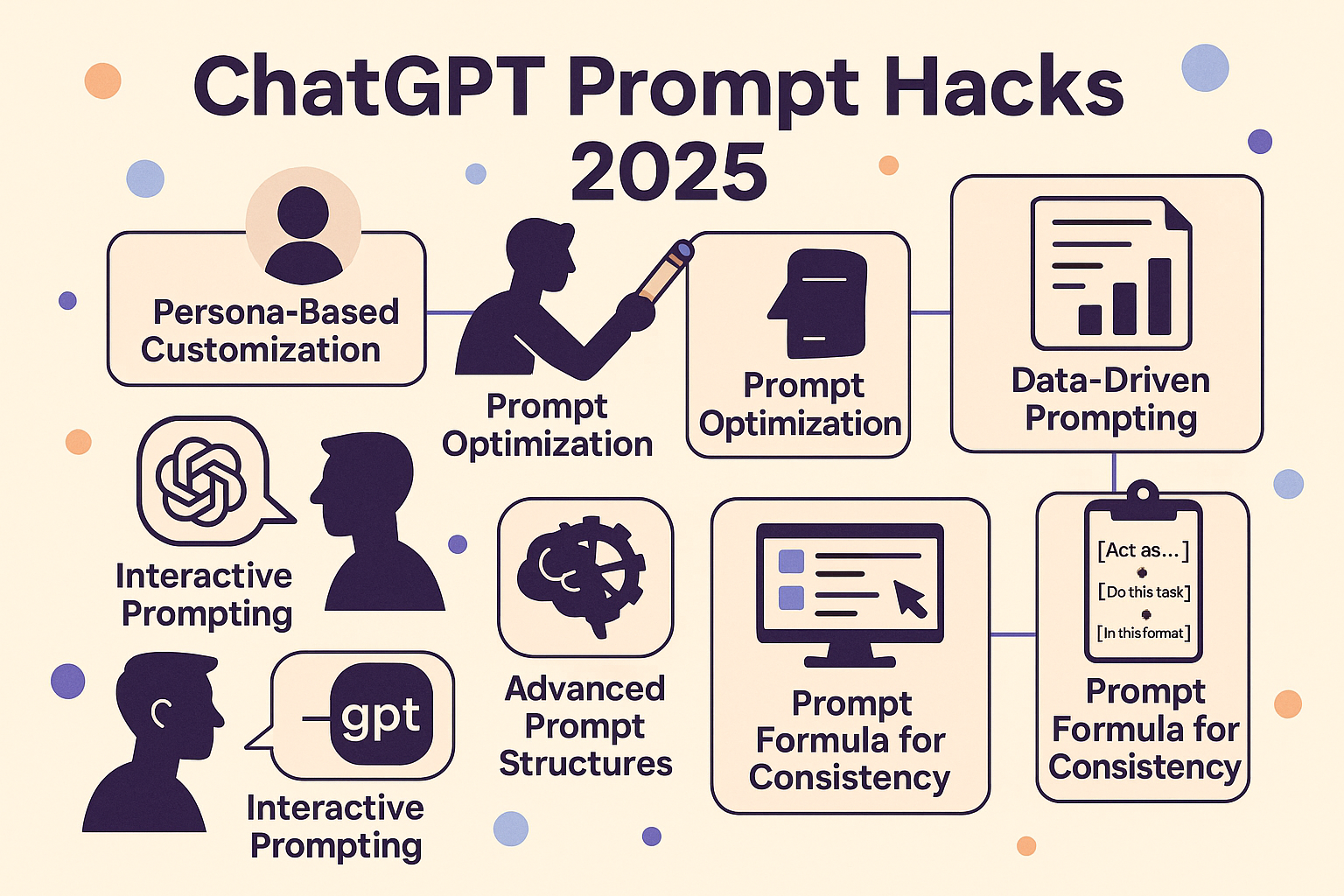The Great Debate: Is ChatGPT's Accuracy on the Decline?
Unraveling the Controversy Surrounding the Efficacy of OpenAI's Chatbot

In recent times, the AI community has been abuzz with claims about the alleged decline in the accuracy of OpenAI's ChatGPT. Several reports have surfaced, suggesting that the chatbot's ability to provide accurate responses has worsened over time. However, is there any truth to these allegations, or are they merely part of a larger misunderstanding? Let's delve into the heart of the matter.
The Claims
A study conducted by Stanford University, as reported by Fortune, suggests that the accuracy of ChatGPT's responses has indeed declined over time. The study examined the chatbot's performance across a range of tasks and found a noticeable drop in accuracy, especially in more complex tasks. For instance, when asked to provide information on specific scientific concepts or historical events, the chatbot often provided responses that were either partially correct or entirely inaccurate. This has raised concerns about the efficacy of the AI model, with critics arguing that the chatbot's performance is not living up to expectations.
Popular Science also reported on the issue, highlighting instances where the chatbot provided inaccurate or misleading information. The article pointed out that while ChatGPT is capable of generating human-like text, it sometimes fails to provide accurate responses, especially when dealing with complex or nuanced questions. For example, when asked about the implications of certain legal or medical issues, the chatbot often provided responses that were overly simplistic or failed to capture the complexity of the issue.
The Counterclaims
On the other hand, some sources argue that the alleged decline in accuracy is not as severe as it is made out to be. An article on Dataconomy, for instance, argues that while there may be occasional inaccuracies, ChatGPT Plus, the premium version of the chatbot, offers more accurate responses and is less prone to error. The article suggests that the enhanced version of the chatbot, which uses the GPT-4 model, is more reliable and offers a host of advantages over the free version. For example, when asked the same complex questions, ChatGPT Plus often provided more nuanced and accurate responses, demonstrating a better understanding of the subject matter.
Cointelegraph also reported on the issue, stating that while there may be some truth to the claims of declining accuracy, it's important to consider the broader context. The article suggests that the chatbot's performance should be evaluated based on its overall capabilities, rather than isolated instances of inaccuracies. For instance, while the chatbot may occasionally provide inaccurate responses to complex questions, it excels in other areas such as generating creative text or engaging in casual conversation.
The Implications
The debate surrounding ChatGPT's accuracy has broader implications for the world of AI. It raises important questions about the reliability of AI models and the need for ongoing evaluation and improvement. It also highlights the importance of user expectations and the need for clear communication about the capabilities and limitations of AI models.
For instance, if users expect the chatbot to provide accurate information on complex topics without any errors, they may be disappointed. However, if they understand that the chatbot is a tool designed to assist with a range of tasks and that it may occasionally make mistakes, they may be more forgiving of its shortcomings.
In conclusion, while there may be some truth to the claims of declining accuracy, it's important to consider the broader context. The performance of AI models like ChatGPT should be evaluated based on their overall capabilities, rather than isolated instances of inaccuracies. As the technology continues to evolve and improve, we can expect to see further enhancements in accuracy and reliability.



